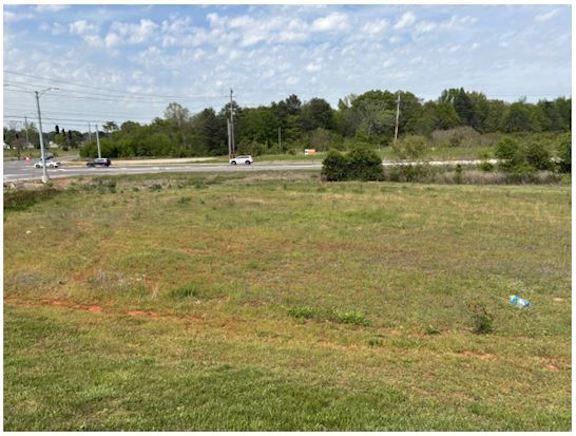TOURISM ASSOCIATION: Local effort could have statewide legal impact
Published 2:00 am Tuesday, March 3, 2020
A search for new funding methods has inspired a local tourism partnership and a possible change in the state’s self-help improvement district law.
Andrea Turner, who works in hotel relations at the Athens-Limestone County Tourism Association, said she was researching alternative methods of funding when she discovered Civitas, a company that specializes in creating tourism improvement districts, or TIDs. TIDs fund tourism promotion through assessments at certain businesses, like hotels.
Trending
Turner explained TIDs and what this could mean for Limestone County at Monday’s meeting of the Limestone County Commission. She used a 2% assessment as an example, saying a hotel could add a 2% charge to its regular rate, along with taxes or other fees. So, a $100-per-night room would only be $2 extra, with that $2 per room per night adding up to big bucks for tourism promotion.
“For 2019, I projected we probably had about $13.5 million in hotel revenue,” Turner told commissioners. “So if we did a 2% assessment, it would bring in $270,000.”
Unfortunately, Turner said, Alabama’s current law only allows for TIDs to be created in Class 2 municipalities, which are cities that had between 175,000 and 299,999 residents as of the 1970 federal decennial census. Only Mobile qualifies.
Civitas did connect Turner and ALCTA with the Florence-Lauderdale Convention and Visitors Bureau, which had recently reached out to Civitas about creating a TID in Florence. Together, the three organizations drafted an amendment that would change state law to allow any county or municipality in the state to create a TID.
“We all feel pretty confident that this bill will pass, which is why we’re here,” Turner said.
She said as a courtesy, they wanted to keep the commissioners informed of their work related to the amendment, but they also wanted the commission’s support if the bill passes.
Trending
“We would basically go into a contract that says when (hoteliers) pay their lodging tax, every month or quarter or whenever, they pay that 2%,” Turner said. “So however the lodging tax comes to you guys, that 2% would come through as well.”
Because it is a self-assessment and not a tax, the money would be handled by an existing nonprofit with a goal of supporting tourism. In Limestone County, that would ALCTA, but in other areas, it could be a tourism association, visitors bureau or local chamber of commerce. The nonprofit would then use the money to help the businesses that agree to the voluntary assessment.
“We would help them with any internet stuff they have, if they have websites or some promotional items,” ALCTA president Teresa Todd explained. “We could also work with billboards, anything that would help them bring people in from other communities.”
Turner said they focused on the county because they expect future hotel development to be there instead of inside the Athens city limits. She told District 3 Commissioner Jason Black assessments would also be open to hotels built in annexed portions of Limestone County.





